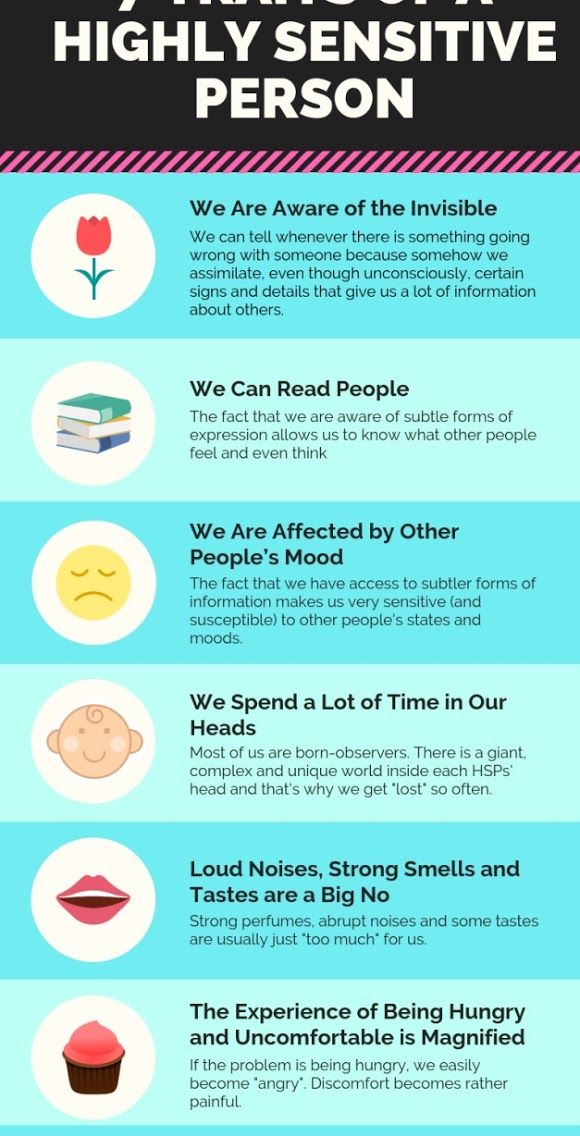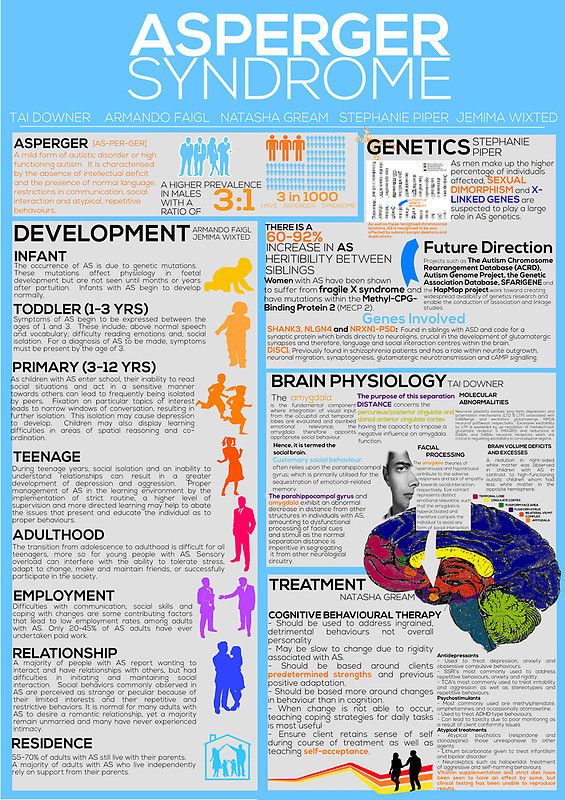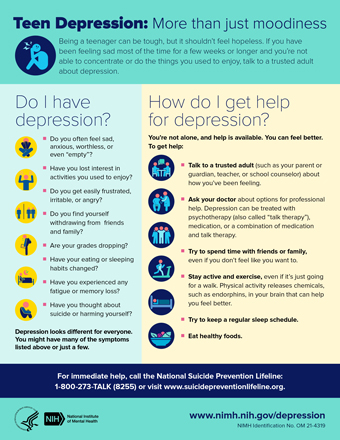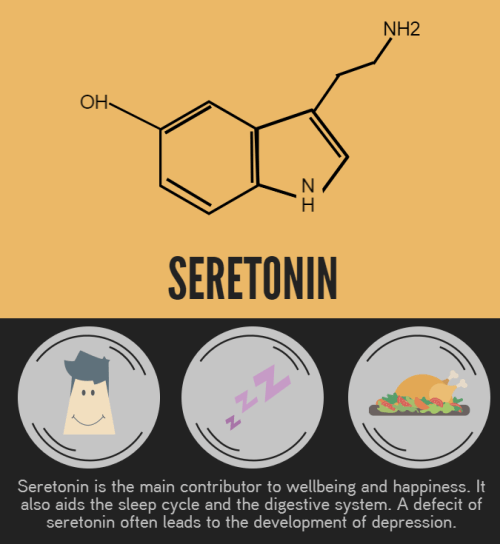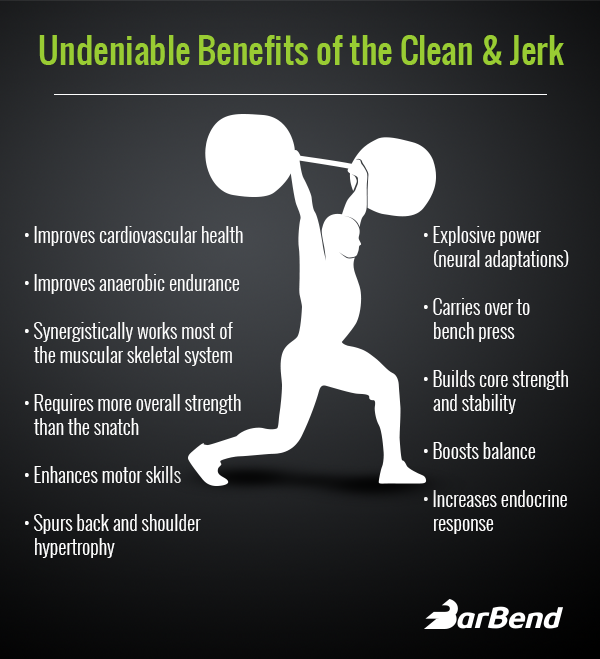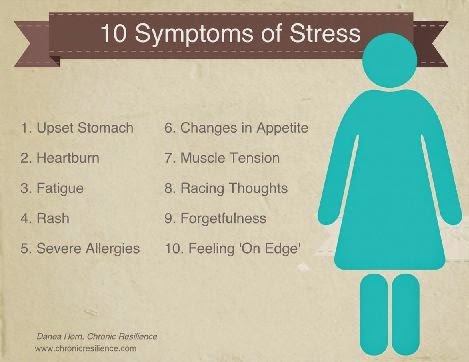Highly sensitive person survival guide
Top 10 Survival Tips for the Highly Sensitive Person (HSP)
I've written about being a "Highly Sensitive Person" on this blog several times now, and each time I'm amazed by the intensity with which people respond to this topic. There are always a few critics who belittle or question the HSP concept, yet based on the huge number of page reads and overwhelmingly positive (and often grateful) responses, there really does seem to be something to this HSP phenomenon.
I first learned of this relatively common but misunderstood trait—and recognized myself in it —via the work of psychologist Dr. Elaine Aron (for detailed info on her work in this area, as well as an HSP self-test, see here. Aron also writes her own blog for Psychology Today , titled The Highly Sensitive Person.
According to Aron's stats, HSPs make up 15-20 percent of the population yet often don't have a name for what has made them feel or seem "strange" or "overly sensitive" their entire life.
HSPs are easily overwhelmed by stimuli, get stressed by loud noises and strong smells, are extremely perceptive, have rich and often intense internal lives, and need plenty of quiet and downtime to maintain their equilibrium (and sanity, I would personally add).
It was a great relief to me to finally understand what was "wrong" with me. I now even had an explanation for why I find any kind of violence, even the fake Hollywood kind, so abhorrent. It's not easy to go to an epic action movie with friends and to be the only one sobbing after war scenes (despite having covered my eyes the whole time — having only two hands. I'm not able to cover my ears and the battle sounds alone are usually enough to push me over the edge).
Knowing what I am has helped so much, especially when it comes to supporting myself through experiences that otherwise might overload my hypersensitive senses. Here, for you, are my top 10 survival strategies:
1) Get enough sleep.
Lack of sleep (less than 7 hours, for most people) is well known to produce irritability, moodiness, and decreased concentration and productivity in the average person. Given our already ramped-up senses, I'm convinced that lack of sleep can make a highly sensitive life almost unbearable. Getting enough sleep soothes your senses and will help you cope with an already overwhelming world.
Getting enough sleep soothes your senses and will help you cope with an already overwhelming world.
2) Eat healthy foods regularly throughout the day.
Aron points out that extreme hunger can be disruptive to an HSP's mood or concentration. Keep your edgy nerves happy by maintaining a steady blood sugar level through regular healthy well-balanced meals and snacks. I also take fish oil (omega-3) supplements daily as the brain loves these, lots of studies support their beneficial cognitive and emotional effects.
3) Wear noise-reducing headphones.
A boyfriend introduced Peltor ear-protecting headphones (usually used by construction workers, not pre-med students) to me when I was 19 and studying for exams. No matter where I am in the world I have had a pair with me ever since. HSPs are highly sensitive to noise, especially the kind we can't control, and my beloved headphones give me control over my personal peace in what's all too often a noisy intrusive world.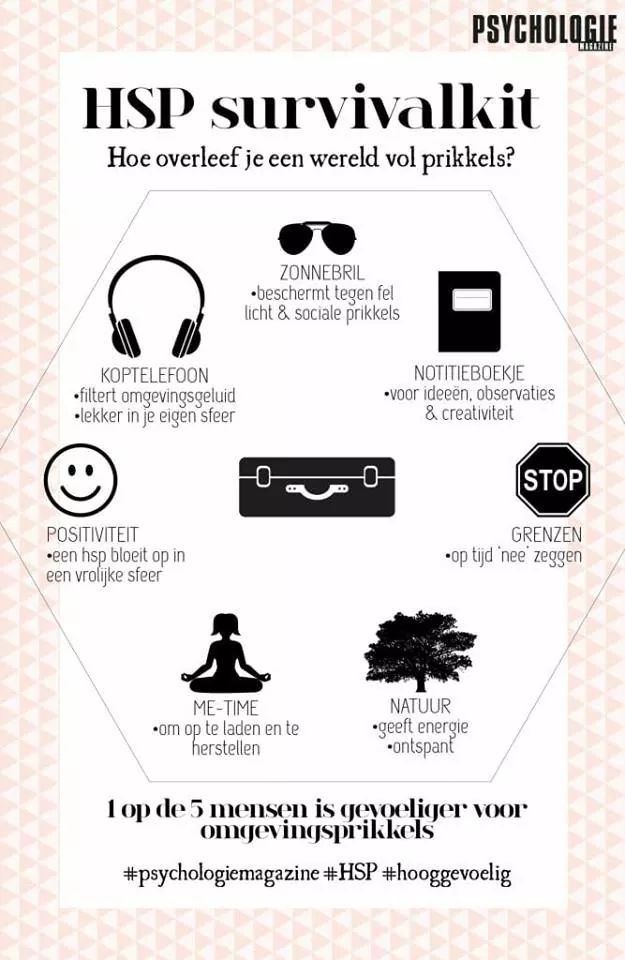
4) Plan for decompression time.
HSPs don't do well with an overly packed schedule or too much time in noisy, crowded, or high-pressure environments. If you know you're going to spend a few hours in a challenging environment—such as a concert, a parade, or a crowded mall at Christmastime—know that you're likely to be frazzled after and will need to decompress somewhere quiet and relaxing, on your own if possible.
5) Have at least one quiet room or space to retreat to in your home.
If you live with others, create a quiet safe place you can retreat to when you need to get away from people and noise. This could be a bedroom, a study, or even just a candlelit bath (or shower if that's all you have!). I've found it often helps to listen to quiet relaxing music as well, this can even drown out more jarring external noise when you need it to.
6) Give yourself time and space to get things done.
I mentioned above that HSPs don't do well with a packed schedule.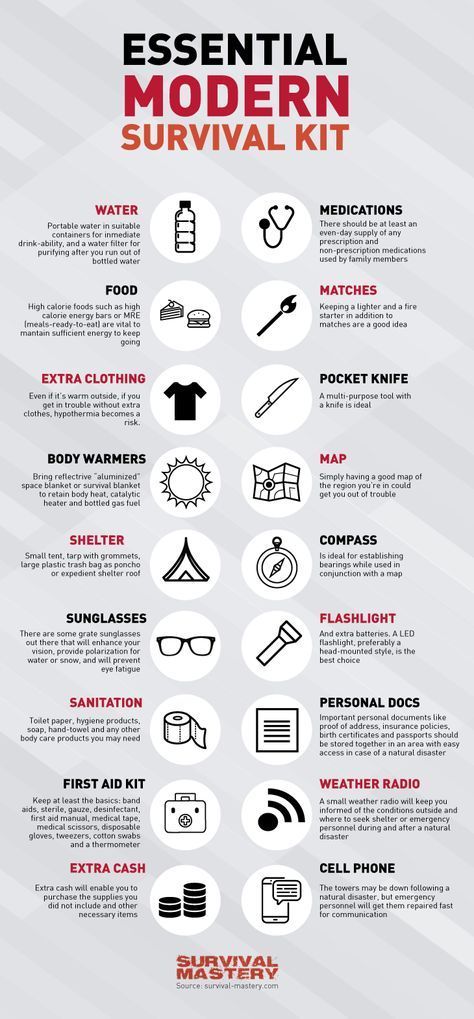 I've managed to structure my work life so that I work afternoon/evening shifts the days I'm at the medical clinic. This way I'm able to get out of bed without an alarm, eat a calm unrushed breakfast, and putter around before getting down to business. The calm this gives me carries through my whole day. Another strategy for those who work in the morning might be getting up extra early (after eight hours of sleep, of course) to enjoy the quiet before the rest of the household wakes up.
I've managed to structure my work life so that I work afternoon/evening shifts the days I'm at the medical clinic. This way I'm able to get out of bed without an alarm, eat a calm unrushed breakfast, and putter around before getting down to business. The calm this gives me carries through my whole day. Another strategy for those who work in the morning might be getting up extra early (after eight hours of sleep, of course) to enjoy the quiet before the rest of the household wakes up.
7) Limit caffeine.
HSPs are sensitive to caffeine; I usually can't even handle the traces of caffeine found in decaf coffee. If you're a coffee drinker (or dark chocolate junkie) and identify with the HSP trait description, giving up the joe might be a big step towards feeling more collected and calm.
8) Keep the lights down low.
I've never liked bright lights and learning about HSP helped me understand why. Minimizing light stimulation goes a long way: I only put on low lights in the evening, and prefer to shop in certain local grocery stores which have gentle mood lighting, avoiding the garishly lit, crowded "big box" stores whenever I can.
9) Get things done in off hours.
To avoid crowds and the associated noise and stimulation, I've learned to live my life outside of the average person's schedule. I grocery shop late in the evenings, run errands during the week whenever I can, go to movies on weeknights, and go out for my walks before the rest of the world hits the jogging path. An added bonus: by avoiding the crowds I usually get things done faster , and almost always get a parking spot!
10) Surround yourself with beauty and nature.
Since we HSPs are so sensitive and deeply affected by our surroundings, envelop yourself with beauty and calm whenever possible. I've decorated my home simply in a way that's very pleasing to my eye, with minimal clutter and chaos. I also spend as much time as I can walking in nature, enjoying the quiet and its naturally healing and calming beauty.
Highly Sensitive Person Survival Guide: Home Setup
Highly Sensitive Person Survival Guide: Home Setup | ApartmentGuide. com
com Home > Decorating > The Highly Sensitive Person’s Survival Guide to Home Setup
- Learn how to create a home environment that acts as a restful sanctuary
- We have room-by-room hacks that cater to the needs of those with heightened sensitivities
- Get inspired with soothing activities for highly sensitive persons stuck at home
A highly sensitive person (HSP) is anyone who is easily overwhelmed by everyday stimuli like bright lights, strong smells, loud sounds and scratchy fabrics. These people tend to recharge with quiet alone time rather than socialization. They may need to withdraw to a darkened room when stressed, after a long day or when they just need a break from daily activities.
If you or someone you know has high sensitivity, you know how important it is to have a safe space to retreat to after a stressful activity. That’s why we’ve created a highly sensitive person’s survival guide to creating a home environment that acts as a restful sanctuary.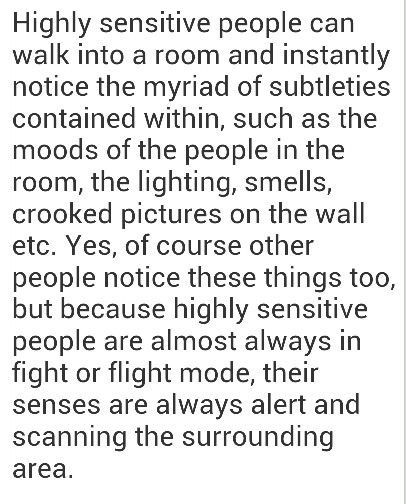 We cover every room in the house, listing tips and tricks you can use to create a home environment that is more comfortable for anyone with heightened sensitivities.
We cover every room in the house, listing tips and tricks you can use to create a home environment that is more comfortable for anyone with heightened sensitivities.
Table of Contents
- Bedroom
- Bathroom
- Living room
- Kitchen
- Home office
- Other apartment hacks
- Soothing activities for the homebound HSP
- Infographic
Home hacks for the highly sensitive person
Anyone with heightened sensitivities knows it’s important to create an environment that promotes peacefulness. Highly sensitive people are more easily stressed, can be affected by loud sounds or harsh lights and often need to recharge in a quiet, tranquil space.
To help you curate a home that caters to your sensitivities, we rounded up the best home hacks for rest and relaxation.
Bedroom hacks
For many people with sensitivities, the bedroom is the safest space there is. That’s why it’s important to be sure your bedroom meets your unique needs, whether you have light sensitivities or have nighttime anxiety.
Use these tips to create a sleep sanctuary that gives HSPs the rest they need:
- Add blackout curtains to reduce morning sunlight and create a dark, sleep-friendly environment. Because light exposure impacts sleep quality, it’s important for highly sensitive people, especially those with light sensitivities, to eliminate as much light when sleeping as possible.
- Invest in quality bedding to improve your sleep. While it’s safe to save money on things like bed frames and other bedroom furniture, a high-quality mattress (or mattress topper), pillow and bedding set could dramatically affect your rest.
- Reduce bedroom clutter with baskets and under-the-bed storage containers. Research has linked a clean, organized bedroom to lower stress levels and improved rest.
- Avoid working in the bedroom to eliminate subconscious connections between your place of rest and stressful work activities. If you live in a studio apartment, consider hanging a curtain between your bed and the rest of the apartment to create a distinct separation between rest and work.
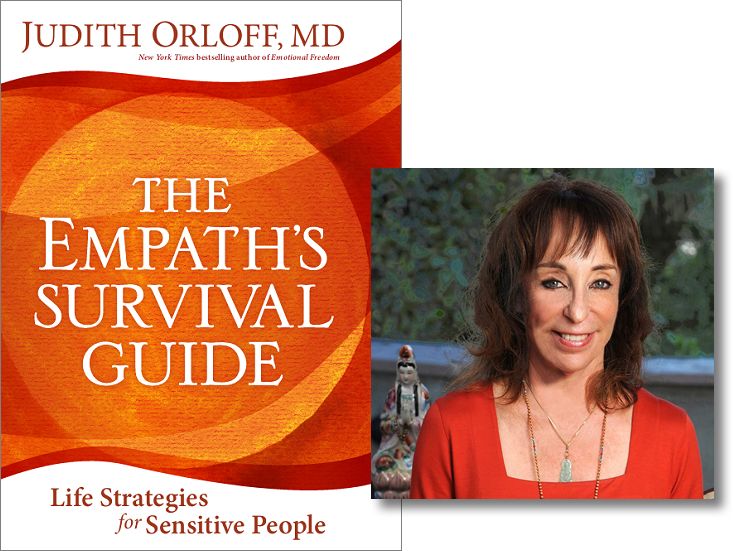
- Incorporate restful, neutral colors in your bedroom color palette. Stick to shades of grey, cream or tan as the base color and add accents of blue or green for a pop of color that invokes feelings of peace and calm.
- Remove televisions and other screens, including phones, to eliminate blue light from penetrating and affecting your sleep cycle.
These tips will not only improve the look of your bedroom but will promote a more restful environment that highly sensitive people need to recharge.
Bathroom hacks
Whether your bathroom leaves you barely enough room to move or is a large and luxurious spa, it’s important to adapt any bathroom to meet the needs of HSPs.
Try these ideas when sprucing up your bathroom:
- Keep essential oils near the bathtub to incorporate aromatherapy into your nightly bubble baths. Have a tiny apartment bathroom with no tub? Add a few drops of essential oils to the floor of your shower –– the hot water will activate the scent and provide the same relaxing effect as a bath.

- Use a waterproof speaker to play motivational music while you get ready for work or relaxing spa music while you enjoy a hot bubble bath. Research has found that "listening to music seems to be able to change brain functioning to the same extent as medication…dominant frequencies of brainwave activity that are associated with conscious states including concentration, anxiety and sleep.”
- Invest in spa-quality towels and bathrobes. Many people with sensitivities are particularly sensitive to certain fabrics and may even experience skin irritation from lower quality material like polyester. Look for towels made from bamboo, Egyptian or pure cotton and microfiber for the softest touch.
- Upgrade your shower head, especially if you’re renting an apartment. A rain shower head makes showering a more soothing experience by emulating the feeling of rainfall. It’s easy to install a new shower head and you can take it with you when you move out (just be sure to store the original one somewhere safe).

- Incorporate muted natural light with sheer curtains. Sunlight is important for the production of serotonin, the hormone responsible for mood regulation. No windows in your bathroom? A sunlight lamp emits the same healthy light with no sun required.
Living room hacks
For many, the living room is the most frequented room in the house. Whether you spend your evenings watching TV or curled up in your favorite chair with a good book, it’s important to create a living room atmosphere that caters to your heightened senses as a highly sensitive person.
Use these ideas to craft the perfect HSP-friendly living room:
- Place white candles on fireplace mantles, side tables or coffee tables to create a warm glow at night. Be sure to avoid especially fragrant candles, as the scent can often be overwhelming to those with sensitivity to strong smells.
- Add soft throw pillows and blankets to your couch and armchairs for a cozier lounging spot.
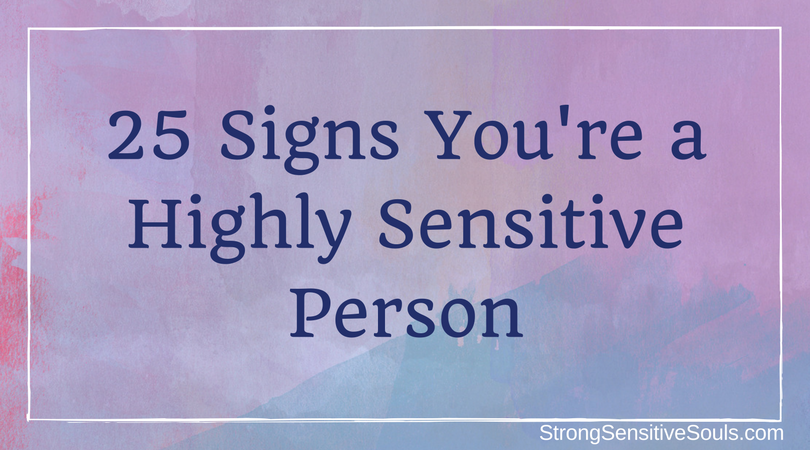 Be sure to avoid fabrics like polyester nylon.
Be sure to avoid fabrics like polyester nylon. - Consider the flow of the room. Use principles of feng shui to leverage the energy flow between pieces of furniture in the room. The right set-up could make a world of difference for your stress levels.
- Keep fresh flowers nearby at all times. A simple bouquet or potted plant encourages the production of dopamine, the hormone that induces feelings of happiness.
- Scatter framed photographs of friends and family. Keeping photos close by can help HSPs feel connected to loved ones. Familiar faces also promote a sense of consistency that many people with sensitivity crave.
Kitchen hacks
Whether you like to cook or prefer takeout, it’s important to structure your kitchen for maximum utility and organization when living with extra sensitivities.
These tips will help you keep your kitchen decluttered, calm and functional:
- Use drawer organizers and dividers to keep everything in its place.
 HSPs thrive on harmony and neatness, so keeping every nook and cranny organized is key.
HSPs thrive on harmony and neatness, so keeping every nook and cranny organized is key. - Place an air purifier near trash bins to eliminate odor and keep the kitchen smelling clean. Those with sensitivity to smell will appreciate the fresh air.
- Replace harsh lighting with warmer LED bulbs and add dimmer switches. Total control of lighting levels will make a world of difference in the ambiance of the kitchen.
- Add sound-dampening pads to all drawers and cupboards. The sound of a drawer slamming shut can be jarring to those with sound sensitivities.
- Invest in ultra-quiet kitchen appliances for the most peaceful kitchen environment. Sound-sensitive appliances (everything from refrigerators to blenders) will be a godsend to any HSP with an aversion to loud or sudden sounds.
Home office hacks
For those who work from home, a well-organized office space is crucial. People with heightened sensitivity to sound and distraction will need some modifications to create a work environment that encourages productivity.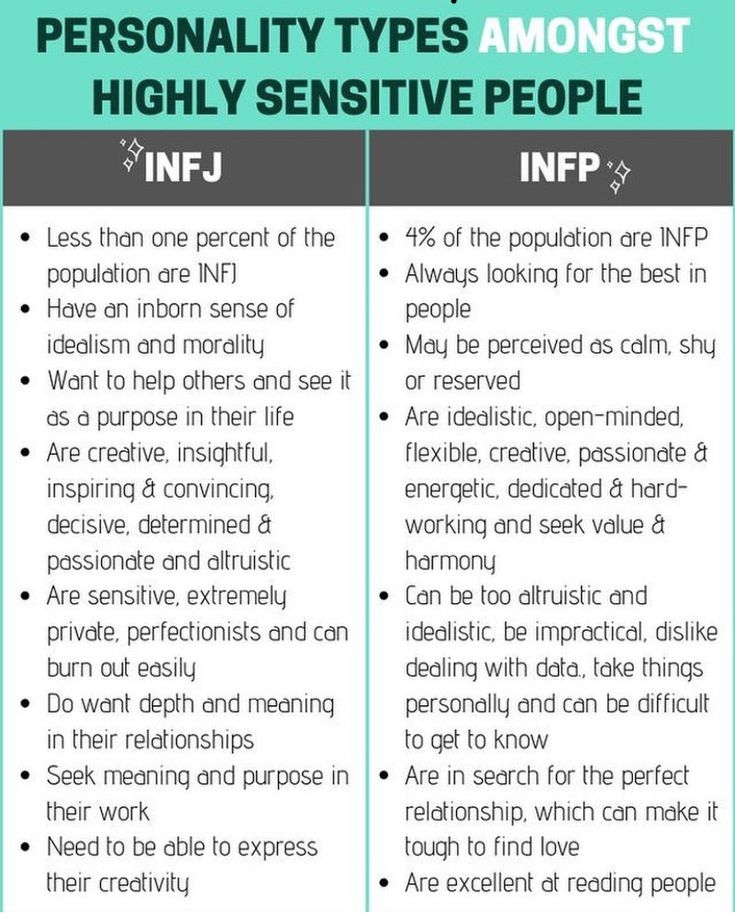
- Use an ergonomic office chair and other office supplies that promote good posture, including cushioned mouse pads, wrist rests and lumbar support pillows. A standing desk is another great option for better posture and health.
- Invest in noise-cancelling headphones to reduce distractions and offer a sense of privacy while working at home. These will be especially useful for sound-sensitive HSPs.
- Maintain a calendar or bullet journal to track daily activities, including work tasks, mental health, self-care, meal plans and more. Not only will this daily routine give HSPs the consistency they crave, but research has linked journaling to increased awareness of emotion, improved mental health and memory.
- Cut down on artificial light. Instead, opt for natural light with sheer window curtains (or no curtains at all) to keep your energy levels up during the day. Sunshine has many health benefits, including improved mental health, lower stress and even better sleep.
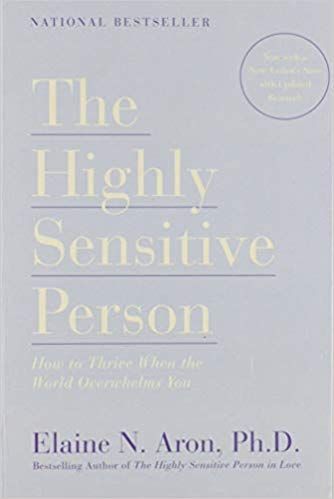
- Keep a fidget cube on your desk to channel distracted energy during meetings, presentations and brainstorms. This will help many HSPs avoid more damaging habits like nail-biting.
Apartment hacks for highly sensitive people
There are plenty of other ways to modify a rented apartment to meet your needs as a highly sensitive person.
- Dedicate an area to yoga or meditation. If you live in an apartment complex, there may be a community gym, walking trails or outdoor space that can also be used for physical exercise. Physical activity is beneficial for HSPs who get stressed easily.
- Adopt an emotional support animal or therapy dog. For renters, be sure to look for apartments that are pet-friendly and offer discounts for registered ESA pets.
- Make decisions based on your needs. If you have an aversion to heights, be sure to look for apartments that don’t have balconies or provide blinds to cover patio doors.
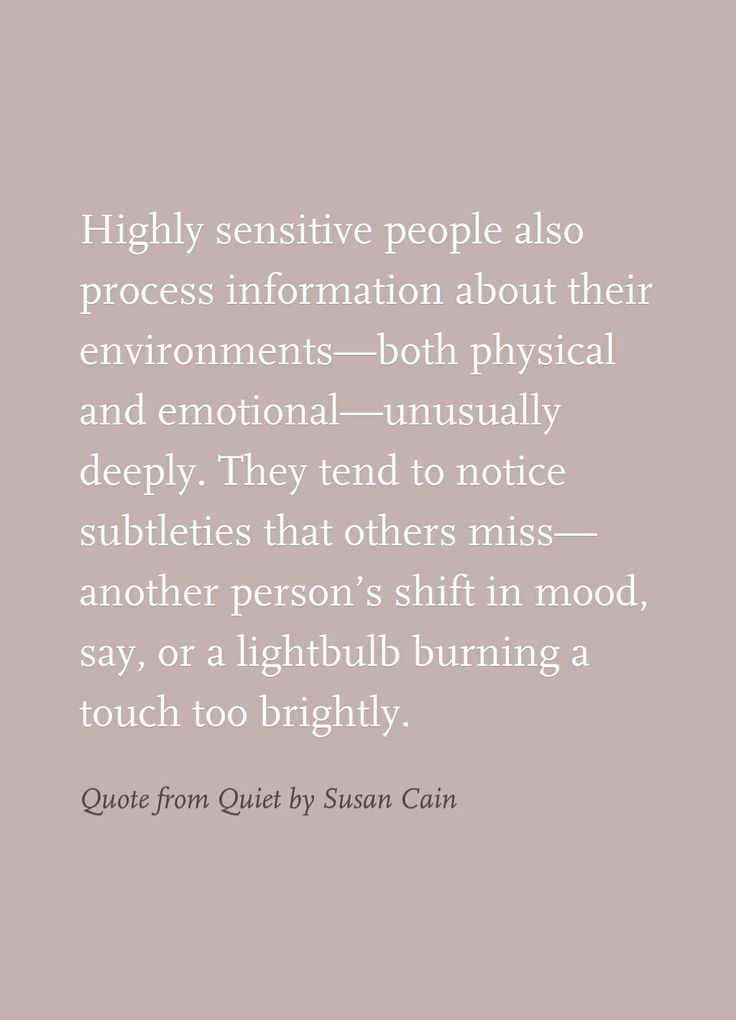
- Consider the community environment. For noise-sensitive HSPs, living on the top floor may reduce sound caused by upstairs neighbors. In comparison, a complex occupied primarily by college students could mean parties and loud music late into the night.
Soothing activities for the homebound HSP
While being at home is often the most relaxing place to be for highly sensitive persons, nobody likes being homebound for too long. Unfortunately, there are rare circumstances where it’s necessary to stay at home for extended periods of time (Think: quarantine, snow days, sick days, etc).
If you find yourself in a situation like this and need some ideas to keep yourself occupied, comfortable and calm, use these ideas as inspiration:
- Gardening: Spend time tending to patio plants or arrange flowers to feed your creative side and lower stress levels. Exposure to plants and flowers has been proven to lower stress hormones.
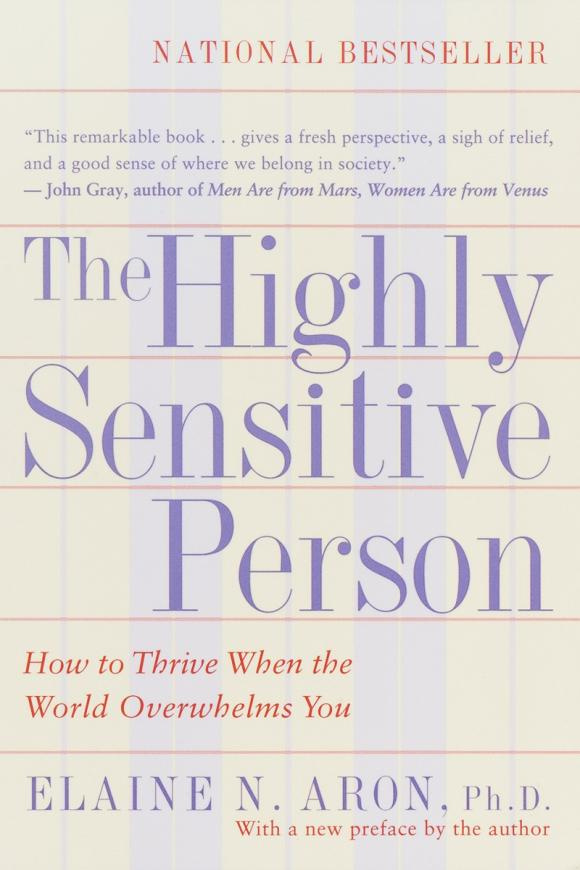
- Mindfulness: Dedicate 15–20 minutes every few hours to a relaxing mindfulness activity like journaling, yoga, reading or meditation. Peace and quiet is the ultimate relaxation tool for those with extra sensitivities.
- Alone time: Give yourself permission to take time for yourself in a quiet room, especially if you live with others. Like introverts, highly sensitive people use alone time to recharge and unwind.
- Brain teasers: Complete a jigsaw or crossword puzzle to keep your mind engaged and productive. Some highly sensitive persons find themselves easily distracted or prone to habits like nail-biting. Keep those habits at bay with a mentally engaging activity.
- Self-care: Treat yourself to a day of self-care involving bubble baths, face masks and ice cream. Taking time to unwind can soothe the feeling of “information overload” that many HSPs experience after a long day.
- Decluttering: Spend 10 minutes each day tidying your home –– try the KonMari method for extra stress relief.
 A clean, organized space is key to good mental health, especially when stuck inside.
A clean, organized space is key to good mental health, especially when stuck inside. - Cooking: Experiment in the kitchen with new recipes or try creating your own recipe. Many HSPs are especially creative, so finding ways to channel your energy into a fun and constructive activity can be rewarding.
- Conversation: Catch up with old friends via FaceTime, Skype or Google Hangouts. Intimate relationships and meaningful conversations are important to people with high sensitivity, so be sure to carve out time to connect with loved ones if you’re stuck at home.
How to create a restful home environment
For people with higher sensitivities, sensory processing disorders and other conditions that make them particularly sensitive to certain stimuli, it’s important to create a home environment that is calming and comfortable. That’s why we created an infographic of different ways you can modify your home to meet the needs of a highly sensitive person.
Whether you’re living in an apartment or a single-family home, there are plenty of ways to modify your space to meet your needs as a highly sensitive person. Be sure to ask your leasing office or property manager how they can help you be most comfortable in your new home and prioritize your health and wellbeing when hunting for your next home.
Sources
Highly Sensitive Refuge | Apartment Therapy | The Highly Sensitive Person | All About Vision | Sensacalm | FTD | NCBI | Psychology Today | Study Breaks | The Things | Live Health Online | Huffpost | JenReviews | Like to Cook | Verywell Mind | USA Today | InnuWindow | Healthline
About The Author
Alex Heinz is a writer with experience in a variety of industries from tech to lifestyle. Her work has appeared in Business Insider, TechCo and PopSugar. She's lived in a handful of large cities including New York and San Diego, giving her first-hand knowledge of the ins and outs of renting.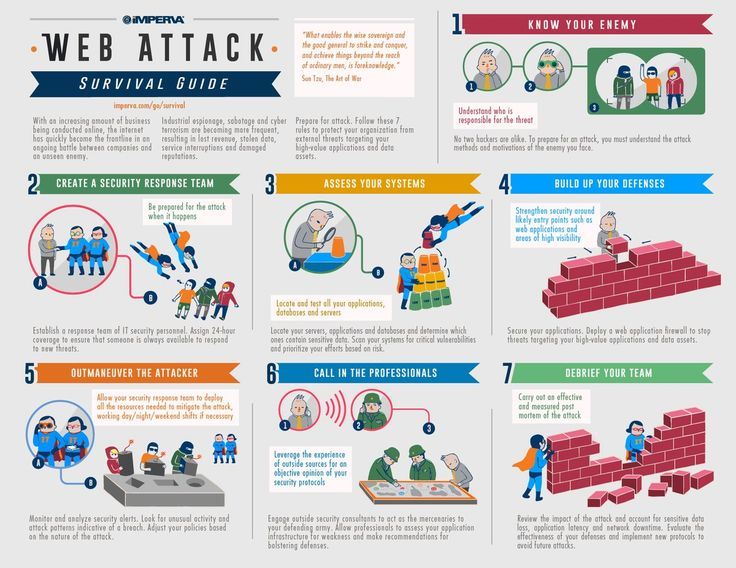 In her spare time, you can find her exploring new hikes with her dog.
In her spare time, you can find her exploring new hikes with her dog.
Highly Sensitive Person at Work: A Survival Guide (Part 1)
15/2/2016
0 Comments
If you are a highly sensitive person, you are likely to be very different from your colleagues. Maybe you have noticed that the usual background noise in the office distracts you much more than others. You are more likely to get emotionally overwhelmed when there is a lot going on around you. Perhaps you get more tired if you have to spend the whole day staring at a monitor, or after a meeting you need to retire to a quiet, dark place for a while to recover. nine0010 "Hypersensitive" or "highly sensitive" people is a scientific term. It refers to those who have the genetic ability to notice more details in their environment than most people and process more input from the senses, including sounds, light, temperature, etc.
Do you look like you? If yes, don't worry, you're fine. The above are typical "side effects" of high sensitivity. 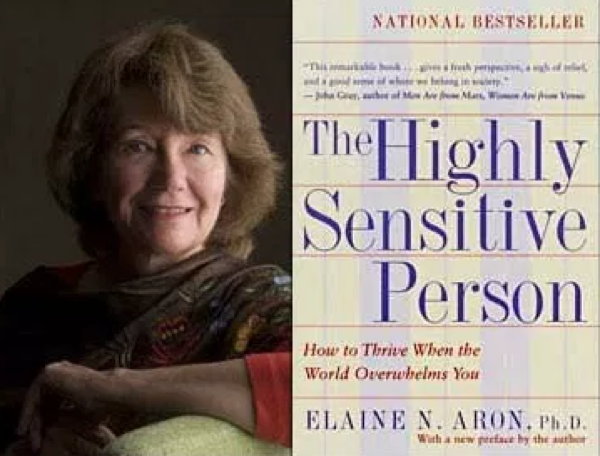 These people are not sick and do not need treatment - just their nervous system and mind are finer tuned. nine0011
These people are not sick and do not need treatment - just their nervous system and mind are finer tuned. nine0011
Think of sensitivity as a super-expensive scalpel, which, thanks to its sharpness and high technology, is suitable for the most complex microsurgical operations. But if you cut bread with this scalpel, it can fail or become dull, and it can no longer be used in surgery. Similarly, highly sensitive people: in favorable conditions, they flourish and thrive, but when constantly overloaded, they close down and / or become stressed.
Since highly sensitive people are in the minority (it is believed that they make up only about 20% of humanity), most companies are not designed to take into account their characteristics. Because of this, highly sensitive people may have difficulty building a career, especially in the early stages. However, having hypersensitivity does not mean that you cannot succeed - you just need to learn how to properly present your gift.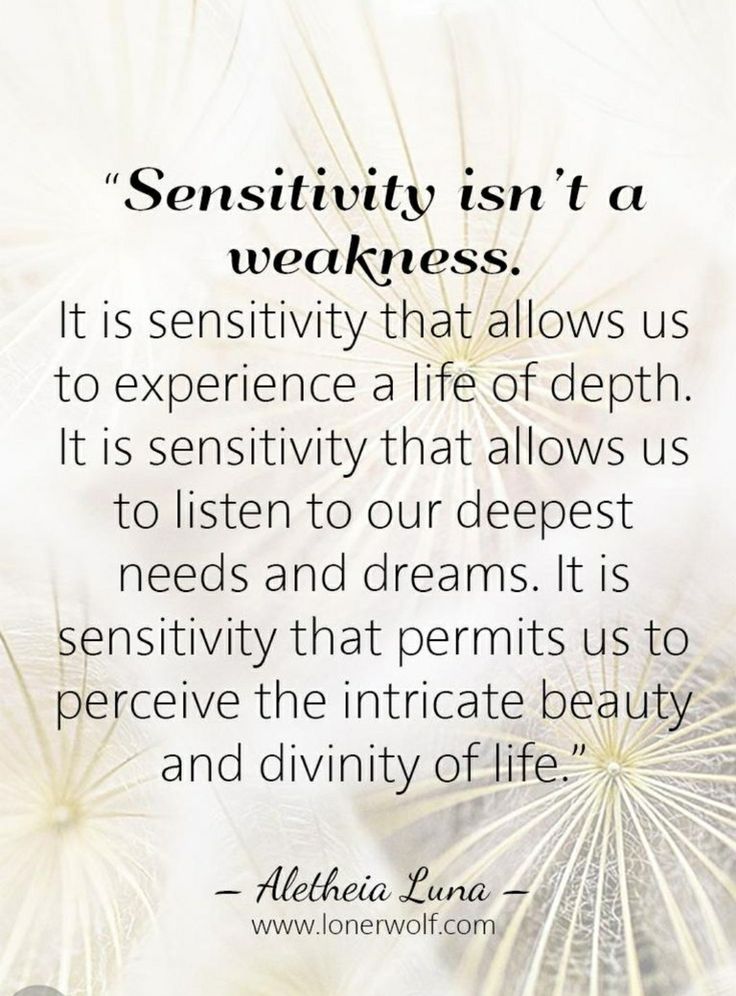 The following tips will help you with this:
The following tips will help you with this:
1. Realize that people see the world differently
Most of the problems that a highly sensitive person faces at work are due to the fact that others do not see these problems point blank. As mentioned earlier, 80-85% of humanity does not have hypersensitivity, and they sincerely do not understand why you are haunted by the smell of food in the workplace, loud music or air conditioning. Colleagues may not notice at all what is the main irritant for you and affects your well-being and productivity. Others may even like a little stimulation without which their nervous system goes into hibernation, and if you, say, ask to turn the volume down, then colleagues may decide that you want too much. nine0003
Therefore, first of all, accept that people feel and experience the world differently than you do. Second, learn to speak their language. To explain what sensitivity is to someone who does not have it is like trying to explain to a blind person what color is.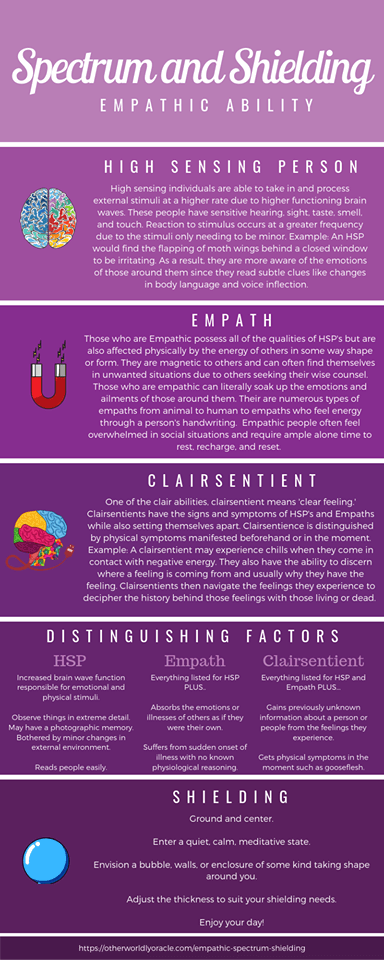 You need to present your sensitivity in a language that others can understand. For example, if you need time to recover after a meeting, don't say that you are tired of the abundance of information - say that you will move away to write down the thoughts that came from the meeting. Or joke that you need to warm up with a cup of tea after a cool conversation with a client. People are afraid of the incomprehensible, so keep it simple and use humor. nine0003
You need to present your sensitivity in a language that others can understand. For example, if you need time to recover after a meeting, don't say that you are tired of the abundance of information - say that you will move away to write down the thoughts that came from the meeting. Or joke that you need to warm up with a cup of tea after a cool conversation with a client. People are afraid of the incomprehensible, so keep it simple and use humor. nine0003
2. Take regular breaks throughout the day
If you are highly sensitive, you need to rest more than others so that the nervous system has time to recover. I remember that I used to be very upset because most of my colleagues could work longer than me. But now, having built a successful career in several industries, I can assure you that the question is not to work harder, but to be smarter and less distracted from work.
What I'm about to say may sound counterintuitive, but for a highly sensitive person, the most effective way to increase productivity is to take a couple of minutes off every hour so stress doesn't build up.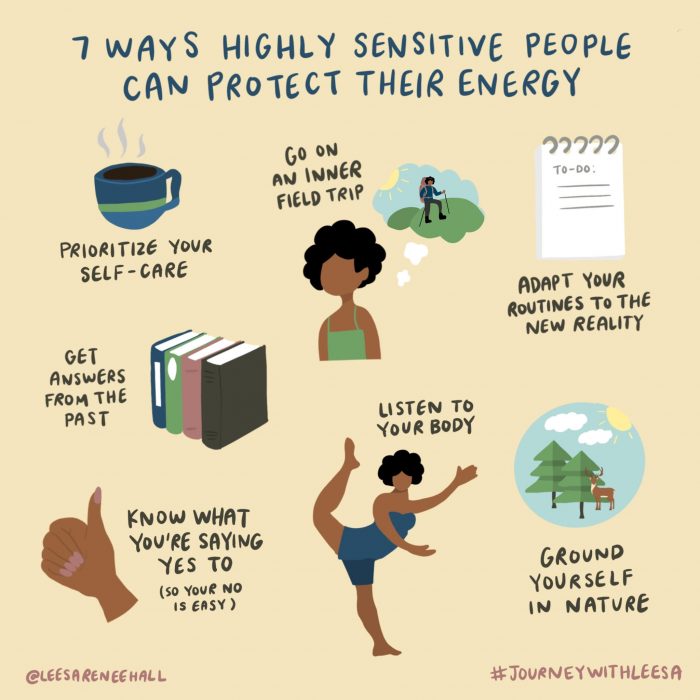 It’s just that if you don’t rest, then you will have to recover much longer after nervous exhaustion. nine0003
It’s just that if you don’t rest, then you will have to recover much longer after nervous exhaustion. nine0003
For a highly sensitive person, rest means a minimum of stimulation from the outside - so no computer, and maybe no conversations with colleagues - spend a couple of minutes in a quiet corner, or rather take a walk down the street.
Ideally, you need to build your own schedule, make this your work priority. If you already plan your own schedule, do not set up several meetings one after another. Intersperse meetings and solo work. As a highly sensitive person, you need time to recover from a busy event. nine0003
3. Be mindful of your main stimulus
We are all affected by different things: some are more sensitive to noise, some are more sensitive to smells, some are more sensitive to an abundance of information. To find out what annoys you the most, you can take a short test. Find out what makes you more sensitive and start consciously working on the problem.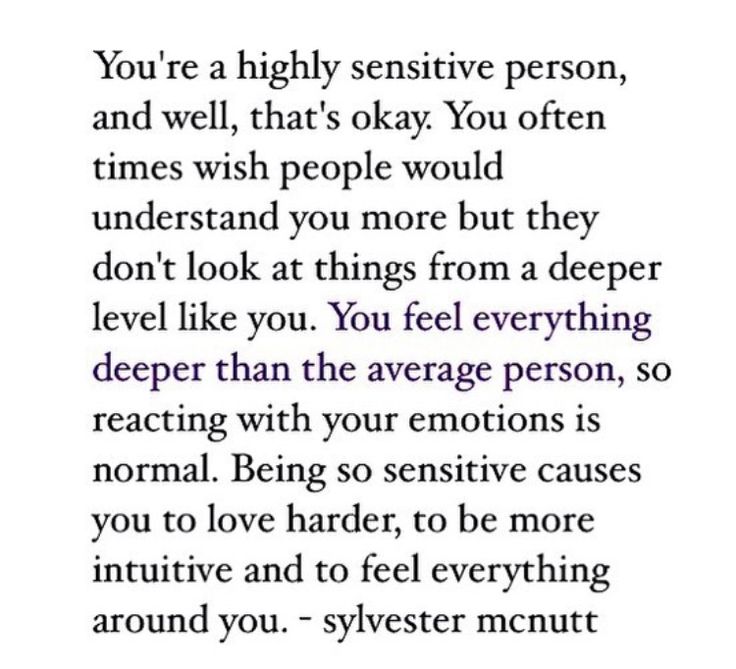 For example, if your irritant is noise, wear earplugs at work (for a highly sensitive person, they are much better than headphones, since music is an additional source of stimulation). In my experience, the best earplugs are wax ones: they don't let noise through and don't irritate the ear. nine0003
For example, if your irritant is noise, wear earplugs at work (for a highly sensitive person, they are much better than headphones, since music is an additional source of stimulation). In my experience, the best earplugs are wax ones: they don't let noise through and don't irritate the ear. nine0003
If you are unable to completely avoid the stimulus, try to minimize it. For example, if you know you're getting tired from flying and being in a crowded airport, don't make important appointments on the same day. Fly on a business trip the day before to properly relax.
A typical problem for a highly sensitive person is multitasking. Numerous researchers have confirmed that, as a rule, people cannot do several things well at once. As a hypersensitive person, you need to be even more careful: any distraction affects you more than your colleagues. The work needs to be organized in such a way that you have enough time for each task separately, and in the process you would not be distracted. You may need to reserve a separate office for this, ask that no one disturb you for two hours, turn off all notifications and sound signals on all your communication devices and put them screens down. If you are waiting for an important call, do not take on a task that requires concentration. The same goes for the Internet: do not open more than one browser tab at a time. Multitasking is not good for your brain. nine0011
You may need to reserve a separate office for this, ask that no one disturb you for two hours, turn off all notifications and sound signals on all your communication devices and put them screens down. If you are waiting for an important call, do not take on a task that requires concentration. The same goes for the Internet: do not open more than one browser tab at a time. Multitasking is not good for your brain. nine0011
More tips on how a highly sensitive person can survive at work and build a successful career or business in future issues.
Subscribe to new articles about highly sensitive people
0 Comments
What to do if you are too sensitive. And this is noticeable
Heightened emotionality is no longer a sign of weakness - it is a feature of the psyche. The existence of highly sensitive people has been scientifically proven. In a world where more and more people cannot cope with stress, American psychologists are closely studying those who are especially prone to worry about any reason.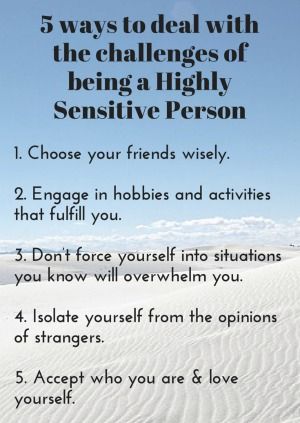 "Lifestyle" offers to join them. nine0003
"Lifestyle" offers to join them. nine0003
If you can't stand bright lights and turmoil around you, you can't watch horror movies, and after watching the news about an earthquake or a military conflict, you start crying out of pity for the victims, you are a highly sensitive person. According to the author of the term Elaine N. Aron, there are about 20% of people like you in the world. This means that it's time to stop hiding your feelings and no longer be ashamed of crying in the movies.
In today's Western world, it's a shame to be a weakling — and that's why we have to hide our feelings, constantly keep in good shape, pretend that we can live without lunch and sleep and work 12 hours a day, otherwise our colleagues will look askance at us , and the authorities - to make jokes about us. nine0003
In our country, it is not customary to be capricious, and that is why we are forced to agree to the conditions that we have, to work in a basement or open space, under the wind of an air conditioner, under the harsh light of fluorescent lamps and under the cries of colleagues from neighboring departments.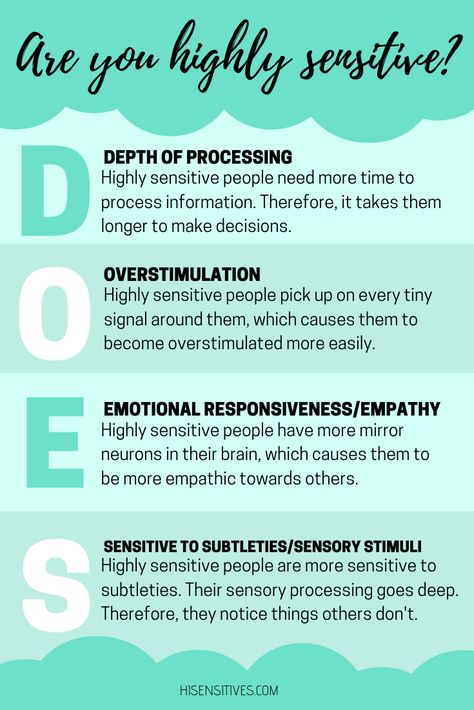
close
100%
Are we suffering from all this? Yes, we suffer. In general, we suffer from a lot of things: we can’t stand the feeling of hunger, we can’t watch films about the war, we don’t wear woolen clothes because they prick, we tear off the tags from T-shirts because they get in the way. We cannot work when it is cold, hungry or noisy, we react sharply to criticism and take any comments personally, we catch changes in the mood of others. It remains to say who we are. nine0003
We are highly sensitive people. Do not rush to laugh and call us sissies - and not only because it is very offensive to us.
You may also be one fifth of the world's population, which is characterized by a particularly sensitive processing of sensory information. Then you are one of us.
Perhaps you, too, were forbidden to watch the news program as a child, because they show war and starving children in Africa? Maybe you were dying of shame when a geographer slapped you a deuce once in your life? Maybe they hated running and, in general, any form of competition, when everyone is looking at you, and you run no more than a three? Maybe at school it was a real torment for you to raise your hand in class, even if you knew exactly the right answer? Maybe.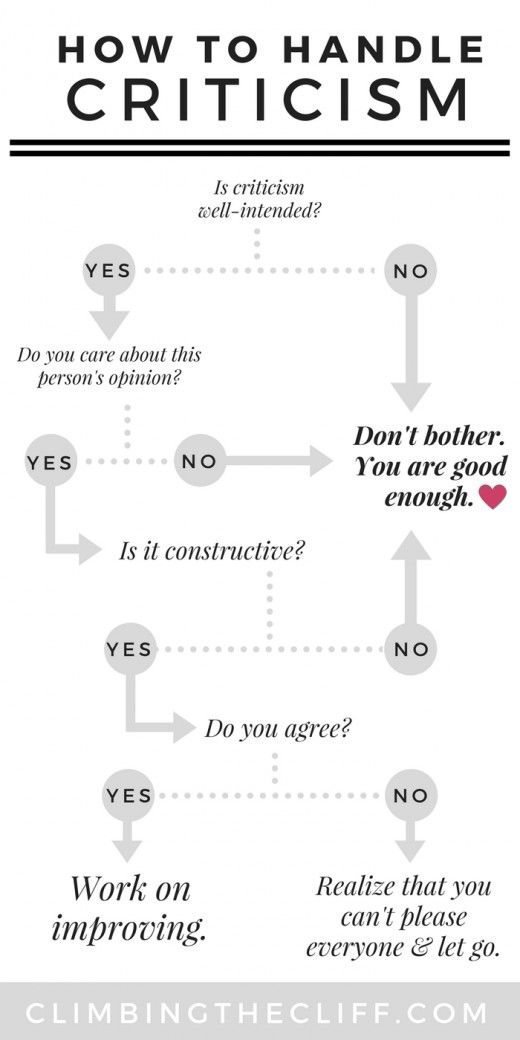 Or maybe you have other examples from your childhood that will help you to say that you were a highly sensitive child and probably grew up to be a highly sensitive adult as well. nine0003
Or maybe you have other examples from your childhood that will help you to say that you were a highly sensitive child and probably grew up to be a highly sensitive adult as well. nine0003
The term "highly sensitive person" was first used in its current sense by Dr. Elaine Aron, a scientist and author of The Highly Sensitive Person, published in the United States in 1997. The hypothesis that high sensitivity to external stimuli is a feature inherent in about 20% of the inhabitants of the Earth was put forward by a psychologist twenty years ago.
However, the real interest in this idea has awakened among the public only now, when it became clear that more and more people can not cope with stress. nine0003
And I woke up just in time: for twenty years, Dr. Aron and her colleagues have done a lot of research that helped to understand what processes occur in the brain of a highly sensitive person, and to conclude that this feature is innate: certain parts of the brain of such a person react to external stimuli sharper than other, less sensitive people.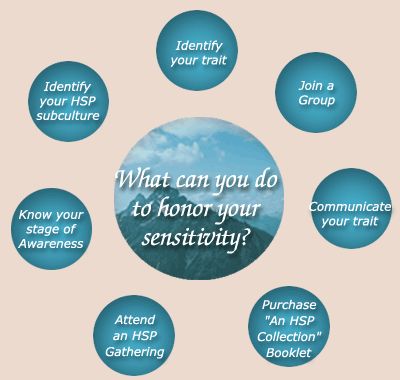
And not only negative ones, but also positive ones too. Yes, highly sensitive people feel acute discomfort in awkward situations. But brighter experience the pleasure of contemplating objects of art and views of nature, listening to music, communicating with pleasant people. nine0003
How to know that you are a highly sensitive person
close
100%
1. You have deep feelings
One of the main characteristics of highly sensitive people is the ability to deeply feel what is happening around. They have developed intuition, which allows them to be more perceptive than their less sensitive comrades.
2. You react more emotionally than others
Highly sensitive people experience more intense emotions and are often infected by the emotions of others. These are not necessarily close people, they can easily pick up a bad mood from a friend or take care of a colleague's problems. This makes them hate delivering bad news or making unpopular decisions – they worry about how others will react to it.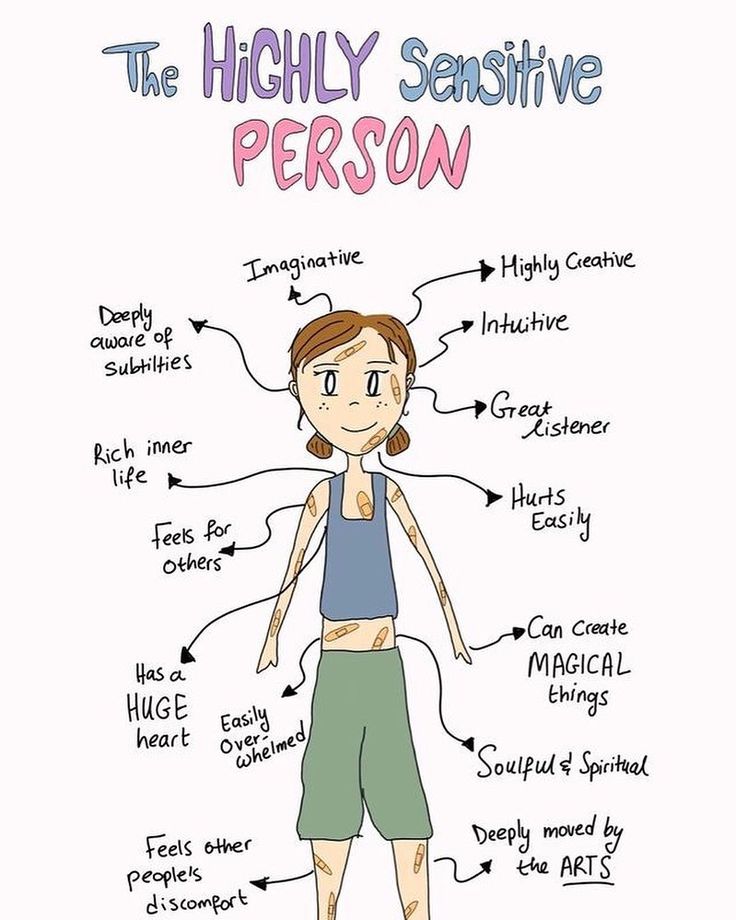 nine0003
nine0003
3. You are often told: “Don't take it personally.”
Sensitive people are treated differently in different cultures: if in the West emotionality is a manifestation of weakness, then in the East everything is not so simple.
Dr. Ted Zeff, author of The Highly Sensitive Person's Survival Guide, states from his research that in India and Thailand sensitive men are very rarely teased, while in North In America, men with a fine mental organization are often the objects of ridicule. nine0003
4. You prefer to exercise alone
Highly sensitive people hate team sports, according to Dr. Zeff. And our experience confirms this: such people like cycling, swimming or walking, but playing football or basketball causes them to panic.
However, there are exceptions: if such a person is lucky with smart and understanding parents, he may not be afraid to show himself in a team.
5. You find it difficult to make elementary decisions
Highly sensitive people are attentive to the details of the situation and the subtleties of circumstances. From this, they try to take everything into account and fall into a stupor, because there is too much of this.
From this, they try to take everything into account and fall into a stupor, because there is too much of this.
Even the task of choosing an ice cream can confuse them. However, there is good news: having once understood how to behave in a certain situation, in similar conditions in the future, such a person, without getting lost, will immediately do the right thing. nine0003
6. You get upset when you make a mistake
Mistakes upset everyone, but highly sensitive people - especially: because of annoying little things and oversights that others have forgotten to even think about, they can suffer for weeks, imagining that they still remember the mistake.
7. You are an introvert
But there are exceptions: according to Dr. Aron, 30% of highly sensitive individuals are extroverts. This happens when a person grows up in a closed environment where everything is in plain sight, in a village, a small town, a religious community or a family of a public person.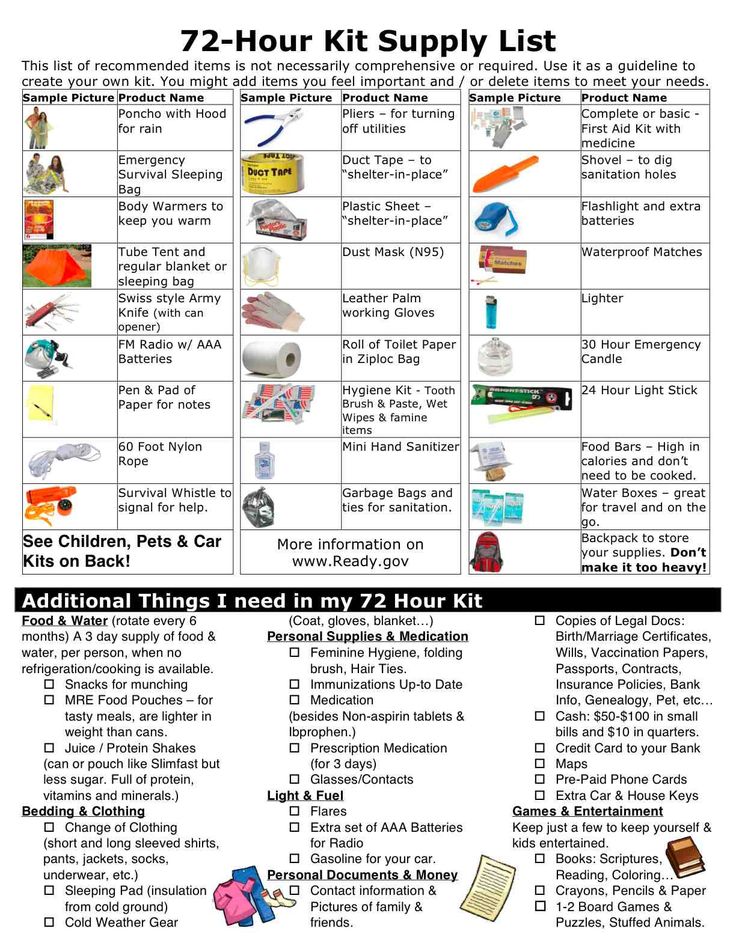 nine0003
nine0003
8. You know how to work in a team
Paradoxically, but true: the depth of experience makes highly sensitive people excellent employees. Only they should not take positions in which they must make final decisions: for example, if it is a doctor, he should have the opportunity to consult with colleagues before prescribing treatment.
9. You are prone to anxiety and depression
This only happens if you have suffered a lot of adversity in the past - but who among us is lucky to do without them at all? Shy people are often teased in childhood: if a highly sensitive person was not given proper support in childhood, he grows up with the feeling that the world is hostile, and only doctors and antidepressants can help here. nine0003
It is worth taking a closer look at your child: high sensitivity is often inherited.
10. You can't stand sharp sounds
Someone can't stand it when Styrofoam squeaks on glass. Someone - the sound of a perforator or drill.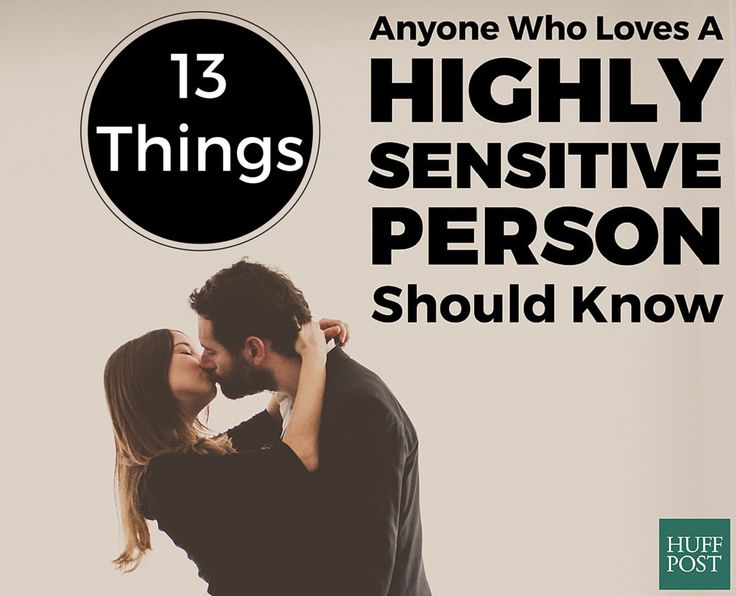 It annoys someone when others eat loudly: champing and smacking is really impossible to endure, why do people even allow themselves to eat with their mouths open ?!
It annoys someone when others eat loudly: champing and smacking is really impossible to endure, why do people even allow themselves to eat with their mouths open ?!
11. You can't see the violence on the screen
A highly sensitive person cannot watch horror films about dismemberment, disaster films about drowning dogs, and arthouse about rape. Lars von Trier, Gaspar Noe and Michael Haneke are cinematic enemies.
Salo by Pier Paolo Pasolini? Look in your VGIK, and it’s enough for us to read the plot.
But you can watch Game of Thrones by closing your eyes in certain places, because the costumes are beautiful.
12. You can cry from scratch
When such a person is offended to tears for some reason, he is really capable of bursting into tears. And, by the way, it costs him a lot of effort not to do this. A sad film (without violence), a touching commercial for a charity campaign, a story about a penguin who annually comes to the Brazilian (or Chilean?) who saved him - in general, anything can cause a surge of feelings.
13. You are very polite
Good manners are a hallmark of highly sensitive people: it is important for them not to hurt the feelings of others. They try not to inconvenience others: they regularly give up their seats on public transport, carefully place their carts in the supermarket, let people go ahead, and endlessly apologize and thank you. So sometimes it's even annoying. nine0003
14. You are sensitive to criticism
Highly sensitive people literally cannot stand criticism, taking it to heart. When criticized by their team, they take everything personally.
Because of this, they often use ridiculous defense mechanisms: they try to please everyone in advance, they criticize themselves, they avoid everything that can be a source of criticism.
Dr. Aron claims that self-defense such people use the following methods, which may seem strange to most: minimizing contact, blaming, trying to achieve too high a result, resentment, projecting, refusal to compete. nine0003
nine0003
15. You can’t work in an open office
Open space is a nightmare for any office employee: noise, bright light that not everyone can bear, constant flickering, talking on the phone, arguments and extraneous smells - all this makes you a highly sensitive person's head is spinning, but it does not work out in any way. He is generally incapable of working under pressure: maybe someone needs a good kick to start working, but not for him.
close
100%
10 Rules for a Highly Sensitive Person
1. Remember that you are not alone and that what happens to you is normal.
2. Avoid people you don't like.
3. Avoid situations that tire you.
4. Don't overload your schedule or you may fall off at the most inopportune moment.
5. Set healthy boundaries with people who use your capacity for empathy.
6. Keep a diary to help you clear your head and learn how to make decisions.
7. Enjoy good music, art, and people who support you.